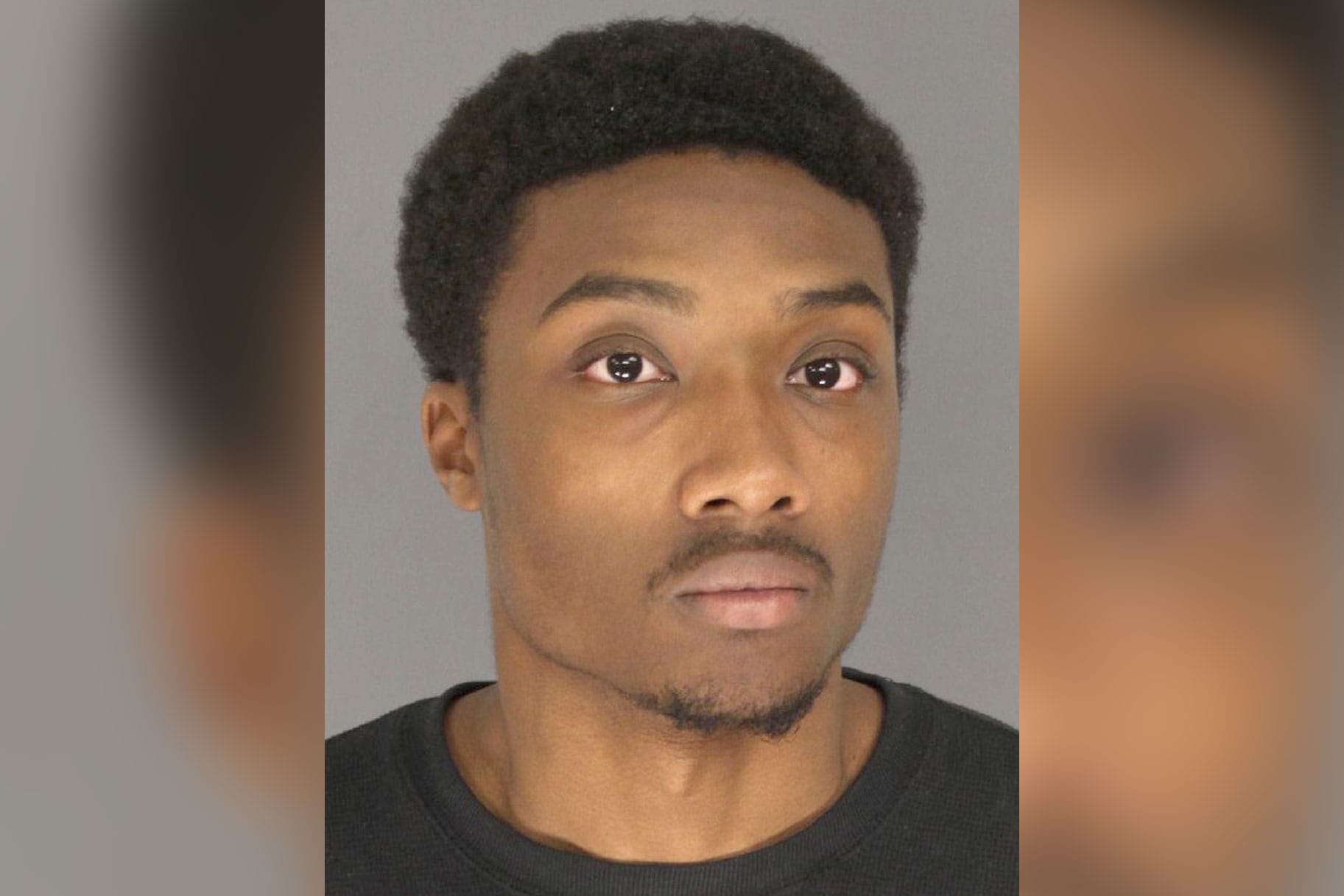Khalil Wheeler-Weaver, a seemingly ordinary security guard, masked a sinister secret: He was a calculated predator who used social media to lure young women to their deaths. Operating in the shadows of the internet, he carefully crafted a web of deception, preying on vulnerable women he likely believed he could control. This is the chilling story of how Wheeler-Weaver transformed digital connections into instruments of violence, leaving a trail of devastation in his wake.
Tagged for Terror: The Online Hunt
Wheeler-Weaver’s digital hunting ground was Tagged, a social networking site where he targeted women, often sex workers, using various aliases like “LilYachtRock” and “pimpkillerghost.” He would engage in conversations, probably offering companionship or dates, only to manipulate his victims into meeting him in isolated locations around Orange, New Jersey. It was in these desolate settings that he carried out his horrific acts, strangling his victims and discarding their bodies with chilling indifference.
His victims included:
- Robin Daphne Michele West (19): Found strangled and set on fire in an abandoned house in August 2016.
- Sarah Butler (20): Her disappearance in November 2016, after meeting Wheeler-Weaver through Tagged, would prove to be a turning point in the case. Her body was later found in a secluded area of Eagle Rock Reservation.
- Joanne Browne (33): Discovered asphyxiated in a vacant home in December 2016.
A Sister’s Quest for Justice
Driven by grief and determination, Sarah Butler’s sister created a fake profile, ultimately leading to Wheeler-Weaver’s capture and ending his reign of terror. Posing as a young woman on Tagged, she initiated contact with Wheeler-Weaver, carefully drawing him into a conversation that would ultimately expose his dark secret. Her courageous actions provided crucial evidence, leading police directly to the killer and bringing his spree of terror to an end.
Behind the Facade: The Trial and Sentencing
The trial of Khalil Wheeler-Weaver was a chilling exposé of a man who used digital charm to mask a depraved mind. Prosecutors meticulously laid out their case, presenting a mountain of evidence that left little doubt about his guilt. Digital footprints, including his online activity and cell phone records, placed him at the crime scenes. Witnesses, some who had narrowly escaped encounters with Wheeler-Weaver, painted a picture of a man who could be both charming and menacing.
The families of Robin West, Sarah Butler, and Joanne Browne bravely faced their daughters’ killer in court, their words a powerful testament to the enduring love and the searing pain left in the wake of these senseless murders.
In 2019, a jury found Wheeler-Weaver guilty on all charges, including three counts of murder, desecration of human remains, attempted murder, aggravated sexual assault, aggravated arson, and more. Two years later, in October 2021, he was sentenced to 160 years in prison without the possibility of parole. Even with the conviction and sentencing, many questions surrounding Wheeler-Weaver’s motives remain unanswered.
Jordan Belfort and Naomi were married from 1991 to 1998.
Jordan Belfort wife Naomi was a model and actress who appeared in several of Belfort’s films.
The Digital Hunting Ground: Echoes of a Case
The case of Khalil Wheeler-Weaver stands as a stark reminder of the potential for violence that lurks beneath the surface of the digital world. It underscores the importance of online safety, urging individuals to exercise caution when interacting with others online, especially on dating apps and social media platforms. Wheeler-Weaver’s ability to maintain an outward appearance of normalcy while perpetrating such heinous acts serves as a chilling reminder that appearances can be deceiving.
















